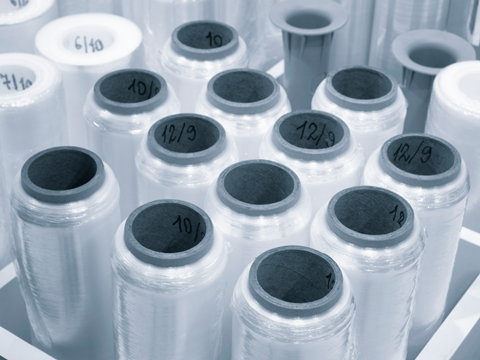
Kalpana Systems has secured a €3.5 million investment from SIG InnoVentures, Fairtree Elevant Ventures and the Energy Transition Fund Rotterdam, to enable the machinery manufacturer to bring its spatial Atomic Layer Deposition (sALD) technology to the market.
The technique can be used to apply ultra-thin layers for applications such as ‘next-generation’ solar panels, batteries and packaging. The machine developed by Kalpana Systems is said to provide faster production speeds, reduced cost, and efficient use of raw materials.
SIG InnoVentures sourced the Kalpana deal via a corporate CVC-as-a-service (CVCaaS) mandate it holds with Emerald Technology Ventures. Emerald states that Atomic Layer Deposition (ALD) has apparently ‘long been recognized’ as a method for thin film deposition, where specialized coatings can be built up atom-by-atom.
These coatings are said to play an important role in functionality and protection, such as improving electrical conductivity, corrosion resistance, and moisture protection for solar cells and catalysts. By creating layers at the atomic scale, the machine reportedly optimizes the use of materials including lithium, iridium, and copper.
However, the process can be slow and costly, and thin film deposition must occur rapidly and economically to facilitate large-scale adoption. Kalpana Systems says it has revolutionized this process by developing a machine capable of producing high volumes of thin films continuously using spatial Atomic Layer Deposition (sALD), where layers can be continuously deposited at high speeds, reducing the cost per square meter for each applied layer.
Kalpana Systems’ design claims to ensure consistent sALD application at an industrial scale over extended periods, increasing the speed of existing ALD processes by a factor of 1000. The company adds that the machine can be integrated into existing production lines.
In related news, COLINES and ExxonMobil unveiled the High Tenacity Hand Wrap film at NPE 2024, which reportedly contains 35% post-consumer recycled material and is designed for both manual and automatic application. The film is said to enable high line speeds of 600 m/min due to its thin gauge.
Earlier in the year, Robopac Machinery displayed its film wrapping solutions for the fruit and vegetable market at Fruit Logistica, including a shrink-wrapping machine, a compact automatic rotary table, and a series of side-driving taping machines. Robopac’s solutions and technologies aim to lower impact across the production chain while also enhancing efficiency.
If you liked this story, you might also enjoy:
How are the top brands progressing on packaging sustainability?
Sustainable Innovation Report 2024: Current trends and future priorities
Reuse vs. single use – which is better for the environment?
The ultimate guide to global plastic sustainability regulation














No comments yet